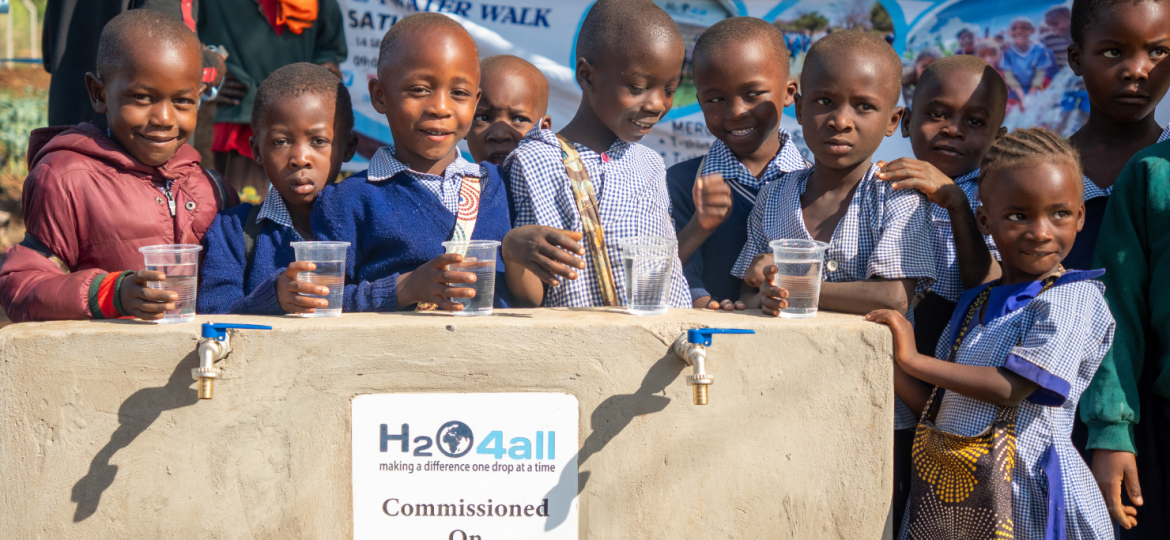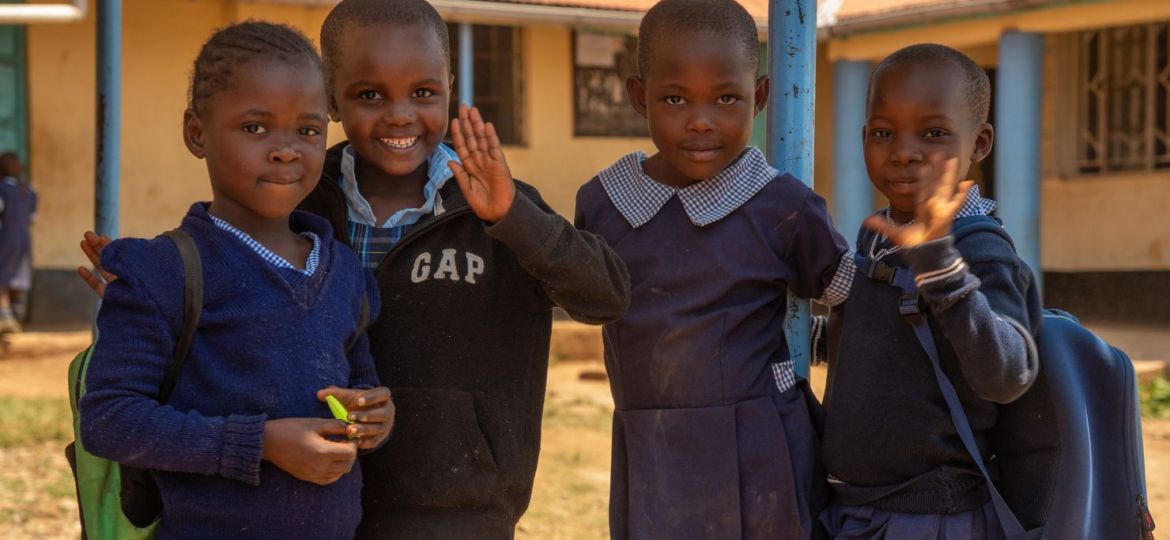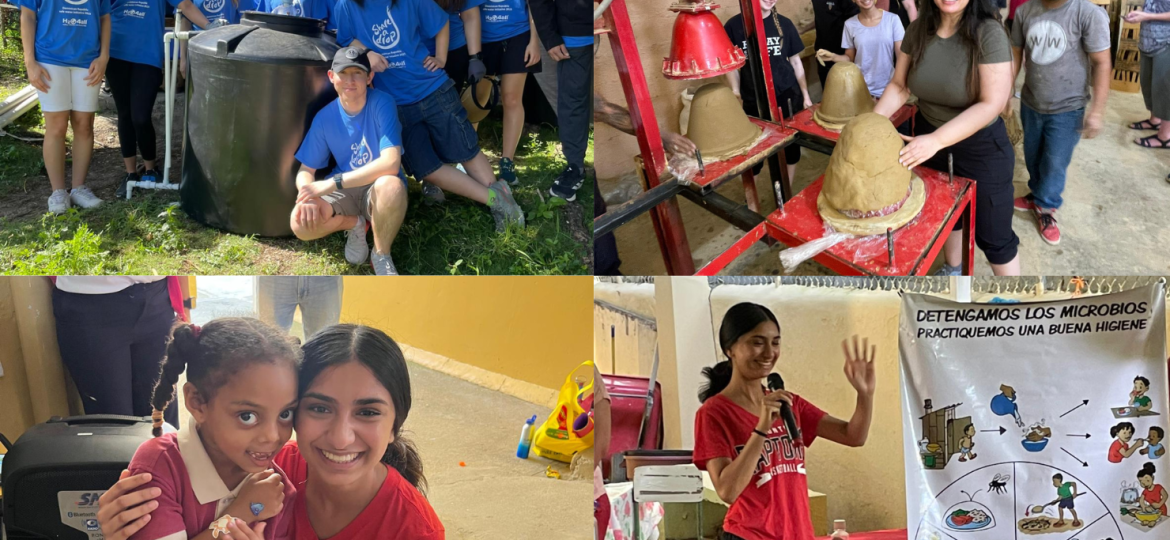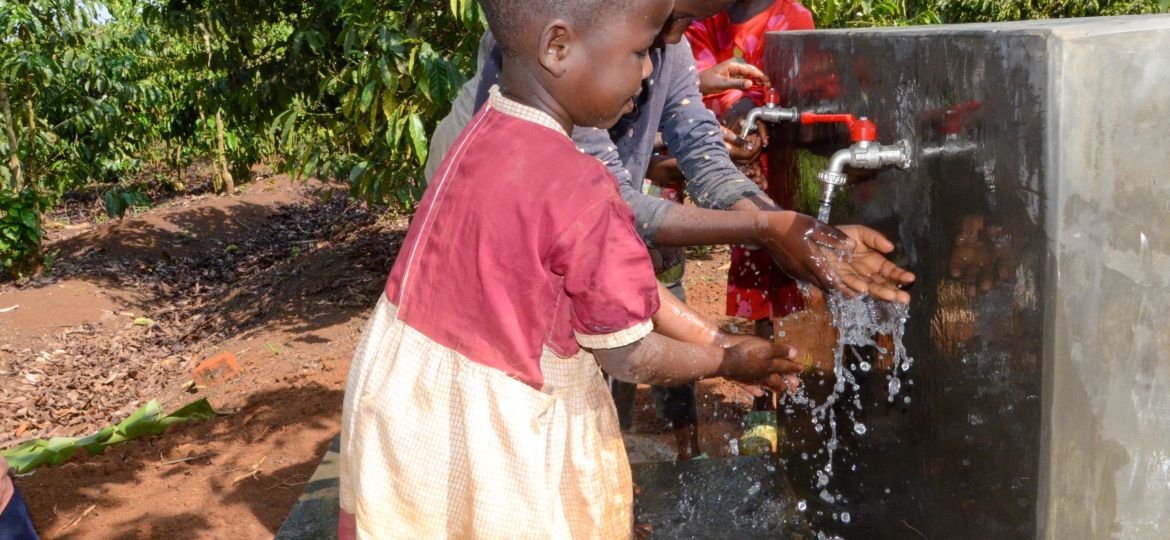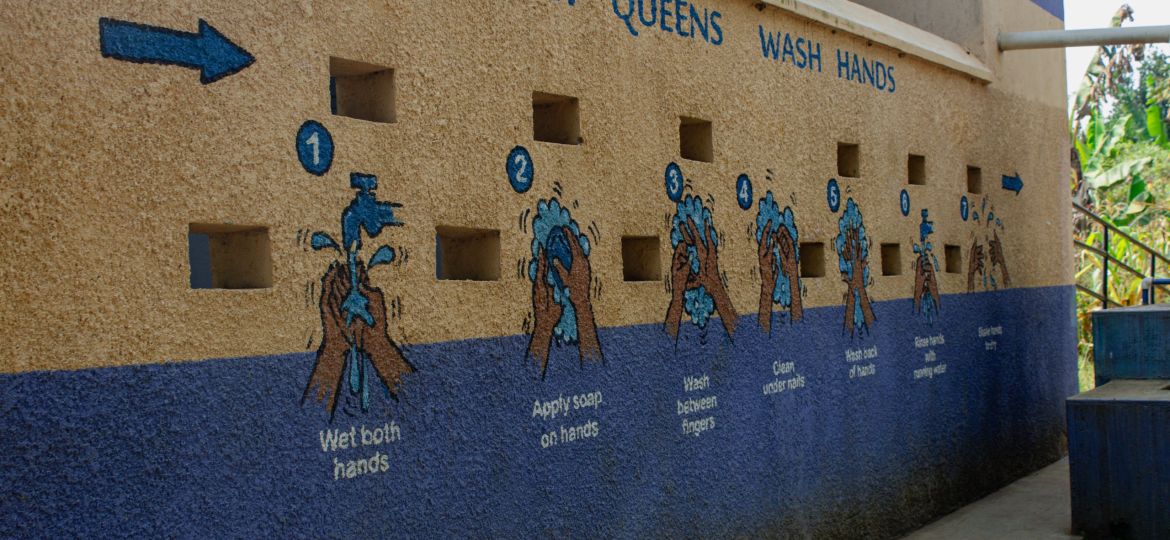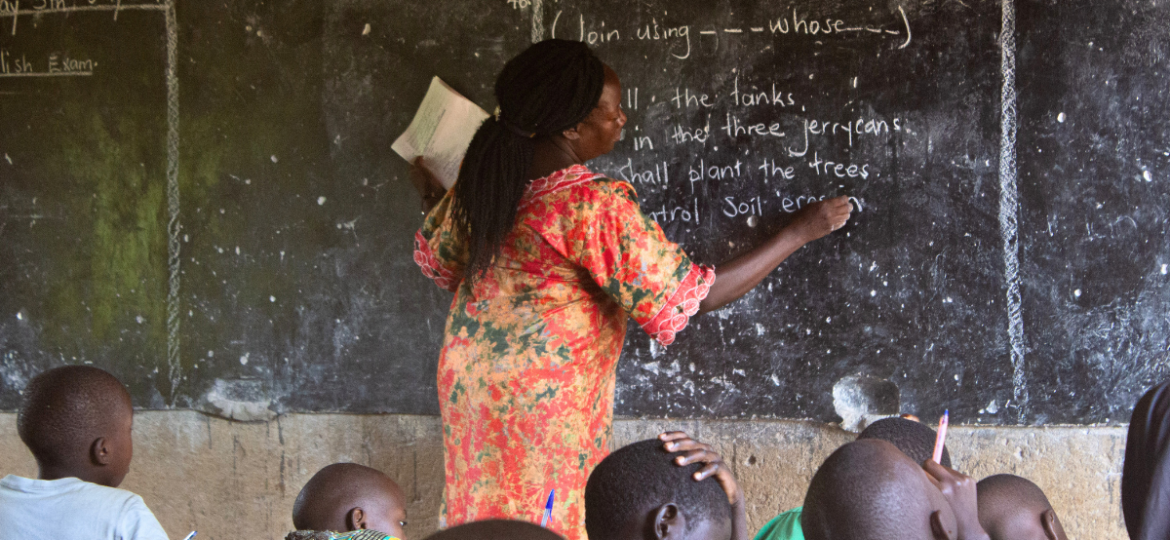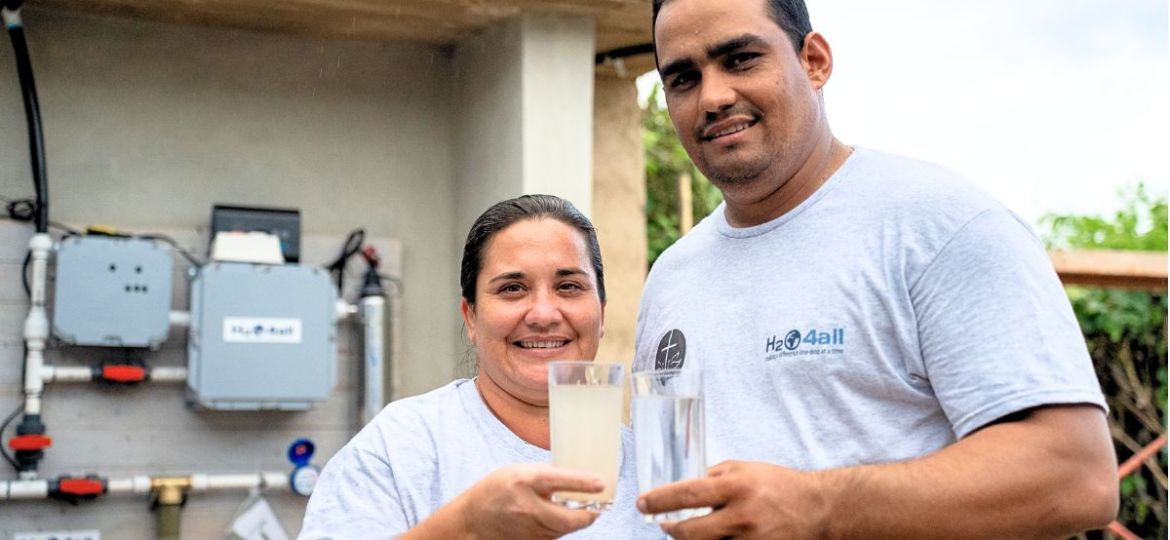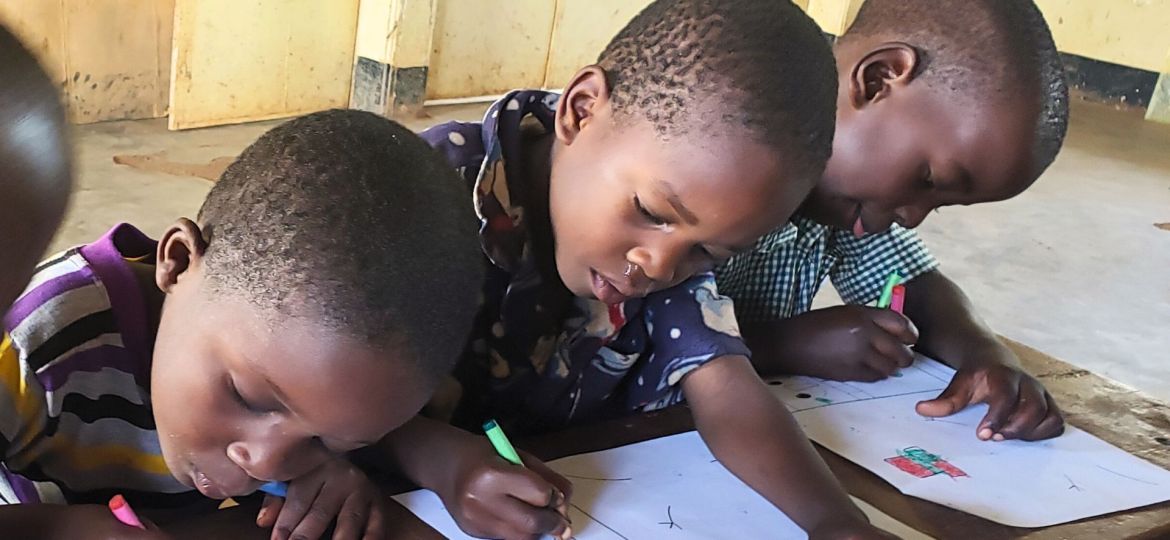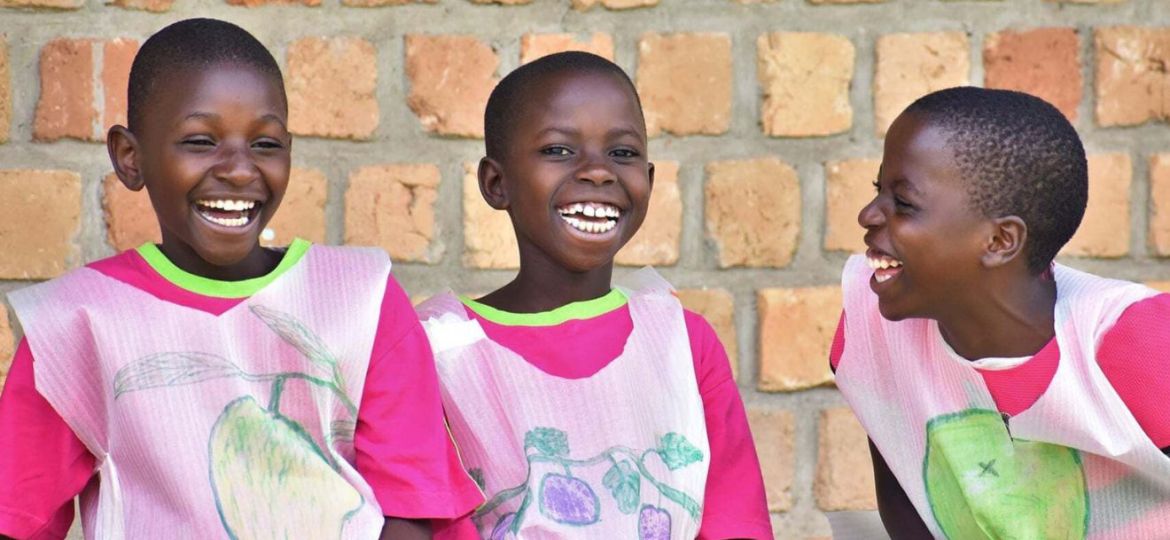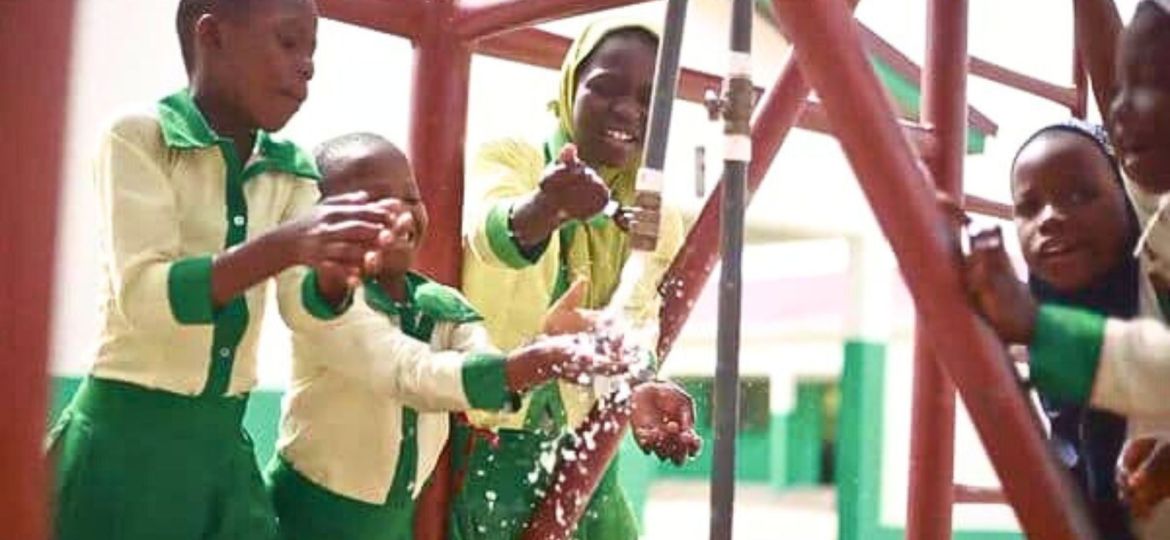The Ken Brock Memorial Project at St Edwards School in Awendo, Kenya, opened at the beginning of March. For the young people at the school and their neighbours, safe water access has transformed their world.
If we want to accelerate change for women and girls, we need to start by ensuring that women in the developing world have the tools and resources to empower themselves and their daughters.
This month’s trip marks twelve years of the filter distribution project in the Dominican Republic. We’re excited to create change for the community of Canta Rana.
November 19th is World Toilet Day, a day dedicated to raising awareness of the billions of people living without safely managed sanitation.
October 15th is Global Handwashing Day, a global advocacy day dedicated to promoting awareness of the importance of good hand hygiene for community and personal health.
September 8th is International Literacy Day,
Currently, there are more than 250 million children and adolescents out of school.
Read the exciting highlights of the work and impact of safe water access around the globe. Thanks to your support, we are changing lives, one drop at a time.
As we continue to seek effective ways to make positive change in our communities, we’ve begun pairing water projects at schools with food sustainability projects to improve children’s nutrition.
Our first project at Tom and Margaret Education Centre in Mawotto Village, Uganda now has a farm that includes bananas, cassava, corn, beans, groundnuts, and fruit trees, providing abundant and healthy food to Mawotto’s children.
January 24th is International Education Day, a holiday dedicated to promoting equal education access around the world and celebrating the people working for universal education access.
Currently, there are more than 250 million children and adolescents out of school.
H2O4ALL began working in Tsopoli Village, Ghana, in 2017 when we partnered with the Givers’ Care Foundation to implement a safe water system at Someh Rahma School. At the time, Tsopoli – a small village of around 500 people in Ghana’s Greater Accra region – had no safe water source. Most Tsopoli residents relied on rainwater collection or unprotected lakes for water. Furthermore, these sources were often contaminated.


